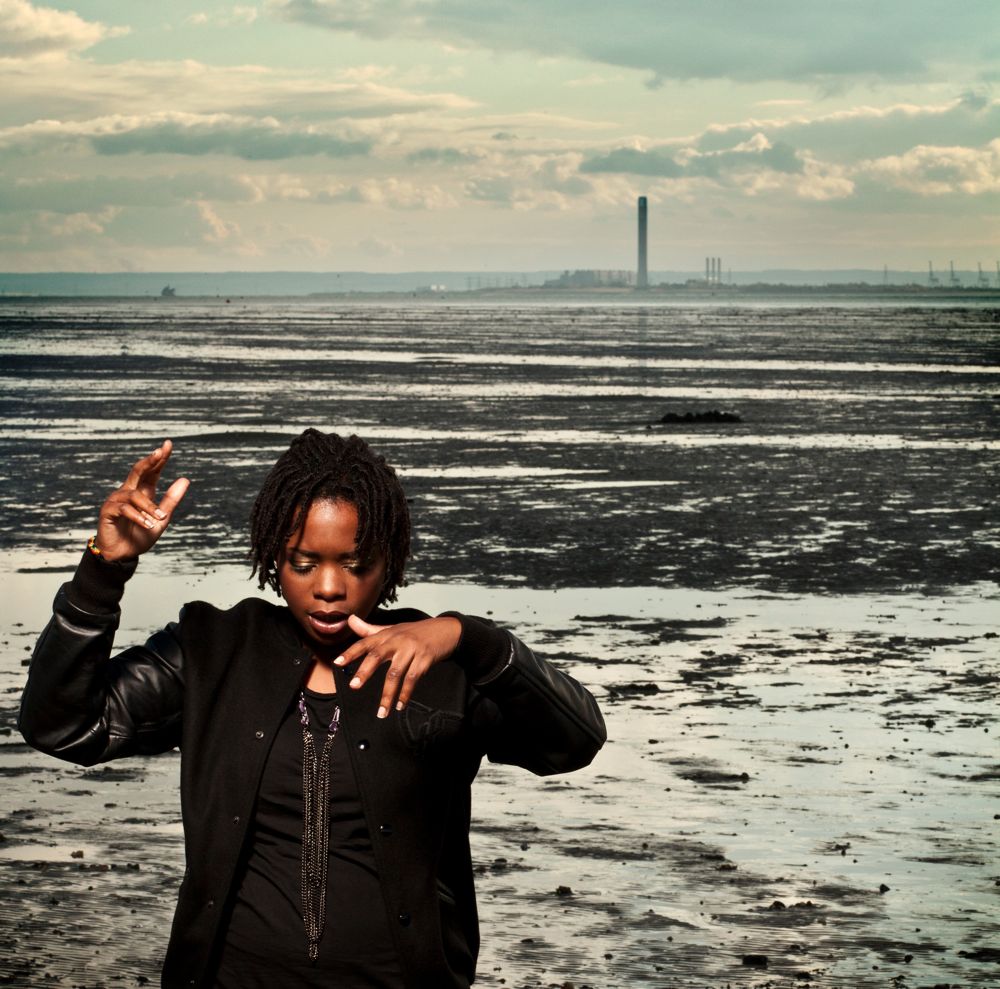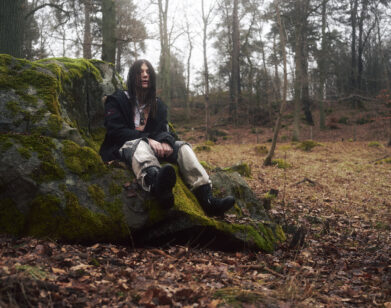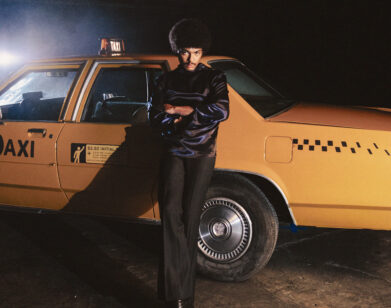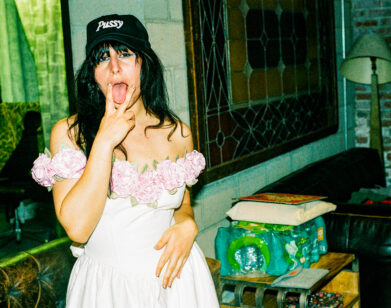The Power of Speech Debelle

ABOVE: SPEECH DEBELLE. PHOTO COURTESY OF PHIL SHARP.
British MC Speech Debelle first entered the scene in 2009 with a deeply personal first album, Speech Therapy. Refreshing, honest and lacking the blatant production that now dominates hip-hop and rap, Therapy felt like just that, therapy—in songs such as “Finish This Album,” Debelle lays out and grapples with her fears from racial prejudices in Britain, to her relationship with her father, and what she hopes to achieve as an MC. The album won Debelle the prestigious Mercury Prize, beating out acts such as Florence and the Machine; but alas for Speech, critical acclaim did not bring commercial success; Speech Therapy‘s sales were mediocre at best.
It’s taken three years for Debelle to release her sophomore album, Freedom of Speech. Interview spoke with the MC about what she’s been up to for the past three years, Tupac, and the life lessons Debelle has learned.
EMMA BROWN: Hi Speech, it’s Emma from Interview. How are you?
SPEECH DEBELLE: Yeah, I’m all right.
BROWN: I wanted to talk to you about your new album, Freedom of Speech. It seems like British hip-hop is getting a lot of attention right now, both domestically and internationally, why do you think that is?
DEBELLE: I have no idea.
BROWN: Your last album was very well received—you won the Mercury Prize—did that make it harder to write your second album?
DEBELLE: No, this one was easy to write; having experienced everything one time already made it easier the second time around.
BROWN: Do you feel like a lot happened to you between the two albums?
DEBELLE: I don’t know… it’s been three years, [so] something should have happened! I had mad fun [though].
BROWN: Were you nervous about the release of this album?
DEBELLE: No, I make music to live. This is my career. I’m excited and grateful.
BROWN: What are you most excited about on Freedom of Speech?
DEBELLE: I’m excited by the provocations on this album. I’ve always been a MC that wrote socially and politically aware songs, although I listen to all types of hip-hop. My first album was like a diary, so that album didn’t have space for those songs. This time around I got tracks that make me say “Tupac would be proud.”
BROWN: You talk about living for the message, what is “the message”?
DEBELLE: Wisdom is the ability to read between the lines, listen out for messages that the universe gives us. I’ve been taught [that] that is true knowledge [and] that is completely different to the way we are programmed to learn. We are trained to be able to put the right answer with the right question. We don’t really have to know the answer.
BROWN: What do you see as the point of your music, if there is one?
DEBELLE: Art is selfish.
BROWN: Do you remember the first CD you ever bought?
DEBELLE: I’m pretty sure the first album was Snoop Dog Doggystyle. [But] back then we would actually buy singles on CD!
BROWN: Rap and hip-hop have traditionally been male-dominated genres, although there are some exceptions; do you feel like this is changing?
DEBELLE: Powerful positions are male-dominated, so it [is unsurprising that] everything else follows suit.
BROWN: Do you have any goals for the year?
DEBELLE: I’m looking forward to touring. I just did a European tour for a couple weeks, we had so much fun. This album works really well live, it’s a very musical show.
BROWN: Last question—if you could only play one song to someone who has never heard your music before, which one would you pick and why?
DEBELLE: Right now, it would be “Sun Dog.” It’s the best example of my journey.
FREEDOM OF SPEECH IS OUT NOW.






